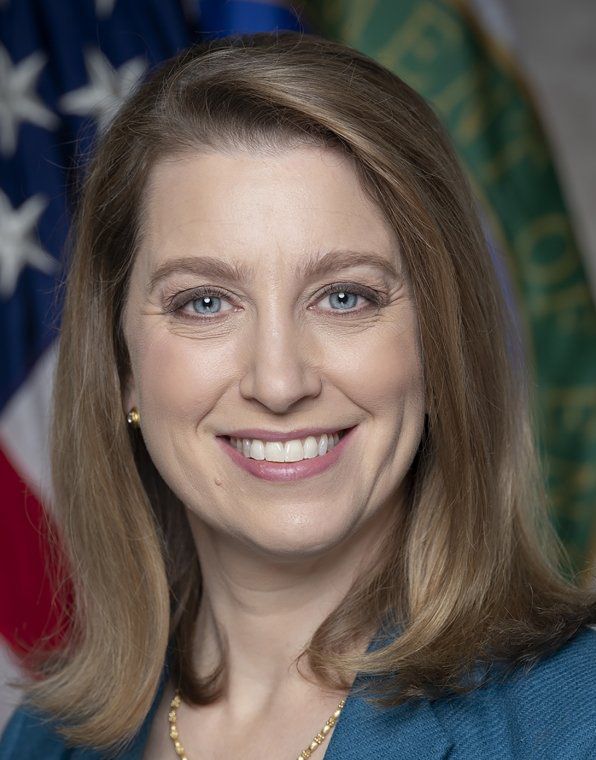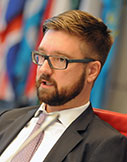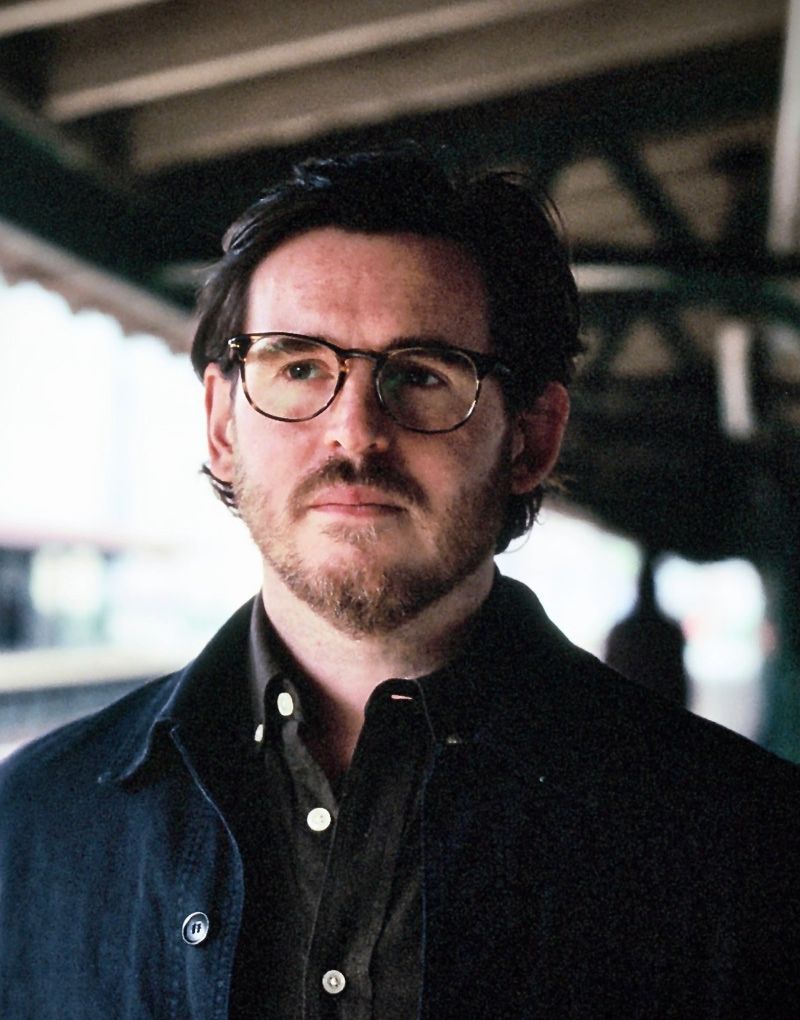James M. Acton
- •Politico

Programs
Nuclear Policy
About the Program
The Nuclear Policy Program aims to reduce the risk of nuclear war. Our experts diagnose acute risks stemming from technical and geopolitical developments, generate pragmatic solutions, and use our global network to advance risk-reduction policies. Our work covers deterrence, disarmament, arms control, nonproliferation, and nuclear energy.
Program Experts
Lindsay Rand
Nonresident Scholar, Nuclear Policy Program
Proliferation News
Proliferation News is a biweekly newsletter highlighting the latest analysis and trends in the nuclear policy community.


Carnegie International Nuclear Policy Conference
For over 30 years, experts, officials, executives, journalists, and students from across the globe have come together to debate—and explore solutions for—the most pressing challenges in nuclear nonproliferation, arms control, disarmament, deterrence, energy, and security at the Carnegie International Nuclear Policy Conference.
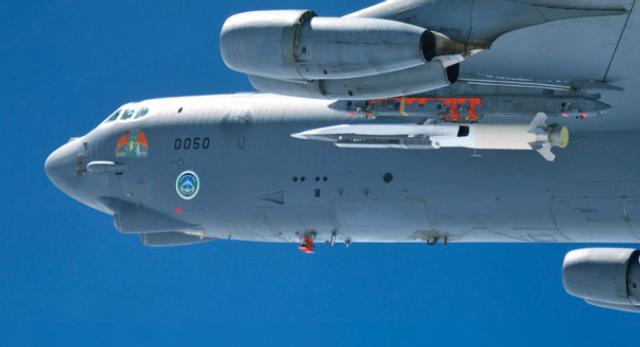
Hypersonic Weapons
A new arms race is afoot. China, Russia, and the United States are aggressively pursuing the development and deployment of advanced hypersonic weapons, while other states are starting or scaling up their own programs. But what are these weapons? Who’s working on what? And what are the implications for global security? A strategy for managing the race toward these weapons—which combine speed with maneuverability and long ranges—has never been more crucial.
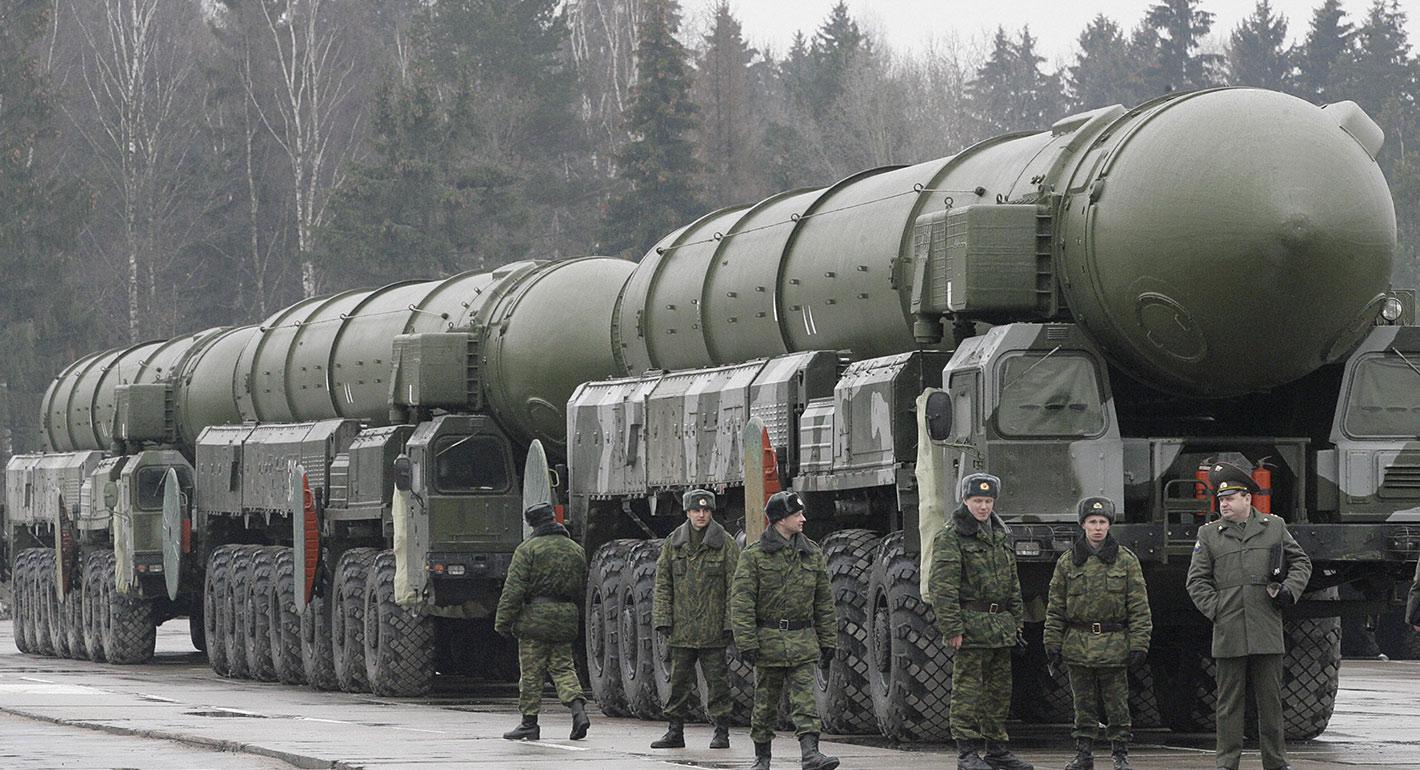
Resources for the Future of Arms Control
A guide to canonical sources on the history and aims of arms control, with a focus on verification and monitoring as well as contemporary challenges.









